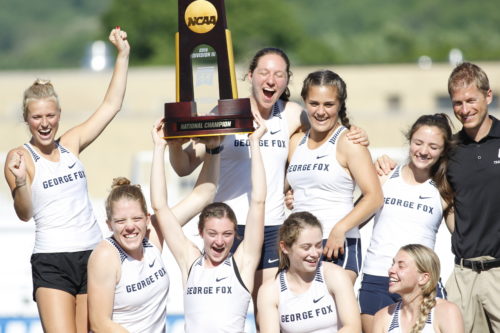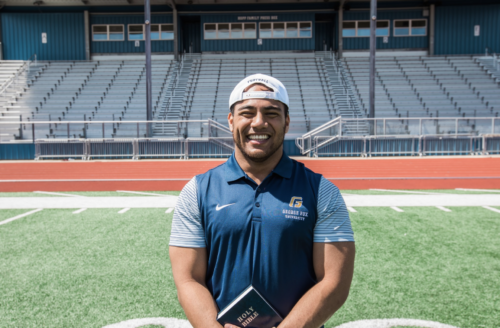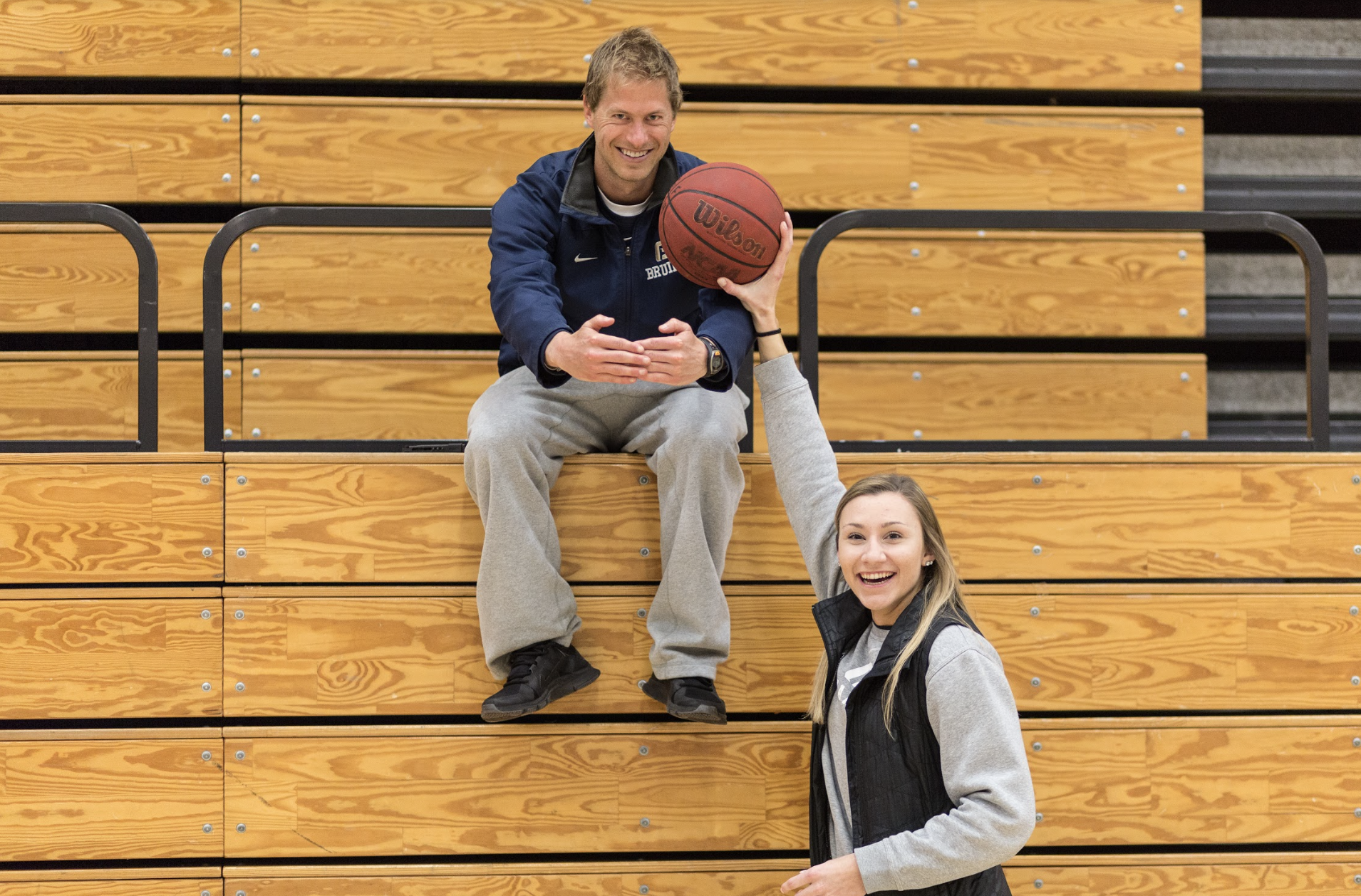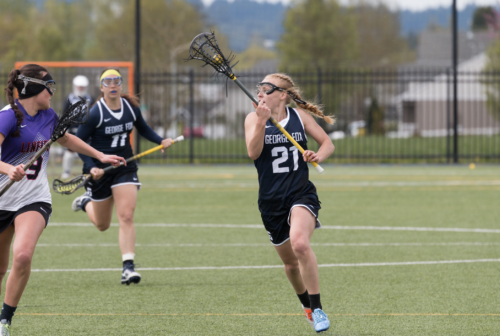Andrew Dickson: A Team-First Focus
For many athletes, the metrics of success are defined by records, winning, rankings and personal satisfaction. Senior tennis athlete Andrew Dickson, however, is focused on a different goal: his team’s success.
“My goal, my role, is to be ‘hype man’ and to just take care of the general well-being of the team,” he says. “I’m not suiting up necessarily to play … I go to coach and I read body language and how the team is doing.”
Empathy is a lifelong pursuit for most – a character trait vital to building a team. For Dickson, empathy also comes from a more personal source. “My grandmother was a marriage counselor,” he says, “and she taught me how to read people.”
It’s not just his empathetic nature that runs in the family. It is also a love of tennis. When former athletes try to pass their passion for a sport onto their kids, it can often make a child feel pressured to follow in their parents’ footsteps. For Dickson, however, this was not the case. “[My dad] didn’t want to be that father that was a coach to me,” he explained. “His goals were to be a tennis champion. He didn’t want his goals to be my goals. He wanted me to create my own.”
The younger Dickson’s approach to coaching reveals not only his drive to constantly improve – necessary for any college athlete to succeed – but also his view of tennis as a character-revealing sport. Dickson formed his own relationship with the game. After years of playing, coaching and even starting a tennis equipment business with his father, he’s noticed what the sport does to a person.
For those who haven’t played the game, he likes to explain it like this: “Tennis doesn’t build character like some other sports. Some sports will build character and a little toughness, but tennis and golf have something in common where they more so reveal character. They reveal who the person is. Are they patient? Are they strategic? Are they loud, quiet, reserved? Do they work hard? Are they competitive? Tennis reveals character, anger, happiness, sadness, and how people respond.”
Andrew is passionate about coaching and sharing in the growth and success of his students. “I want to create that environment for kids … To see love, you know? So when they have 75 minutes or that hour with me, I try to make sure they’re in a totally different place. That could be their one happy moment for the entire week. That’s the sole reason I do what I do.”
A Christian ministries major with extensive tennis experience, Dickson has the opportunity to do so much more than simply teach a game. To him, coaching is not just about teaching the basics of the sport. Coaching is showing a player that someone believes in them – that someone is willing to teach them, and that someone wants them to succeed.
“Everything builds life skills,” he says. “Like music, right? The work ethic to practice singing and memorizing different chords and listening. Tennis is the same way. Can you show up? Can you practice? Can you hit 140 backhand serves, overheads, or volleys? It’s an individual accomplishment when you can do something like that, so I want my students to feel like that will carry over to the rest of their life.”




